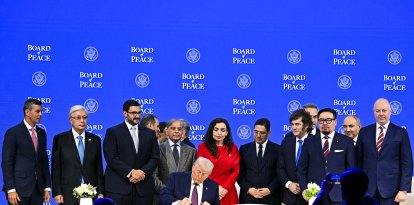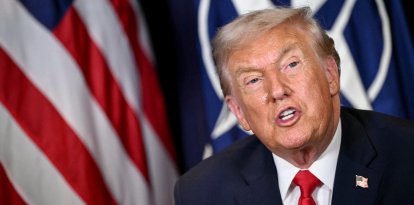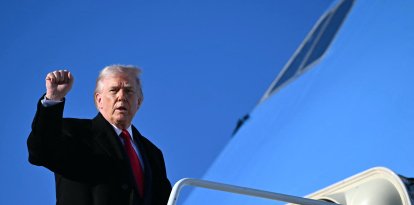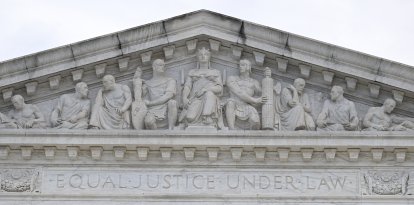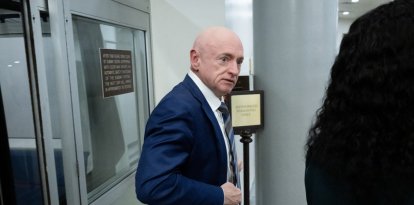Is Steve Witkoff the Trump envoy the Middle East needs?
A real estate entrepreneur with no diplomatic experience, he generates some distrust in Jerusalem. This is due to his nods towards Hamas and his proximity to Qatar, which includes an attempt to wash his image and a millionaire business deal with the authorities of that country, accused of funding Islamic terrorism.
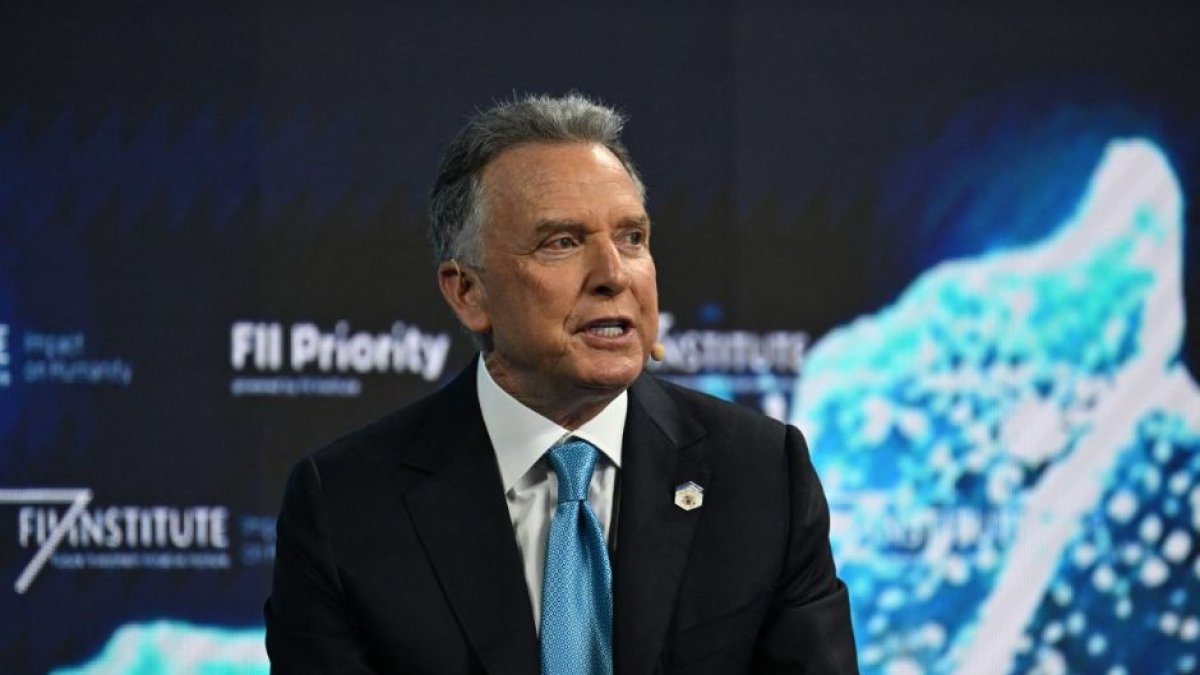
U.S. special envoy for the Middle East Steve Witkoff.
Steve Witkoff is an American real estate entrepreneur, born in 1957 in the Bronx, N.Y., into a Jewish family. Founder of the Witkoff Group in 1997, he has built a successful career in real estate, leading the development and financing of several properties in the United States and internationally.
His relationship with Donald Trump, which dates back nearly four decades, began anecdotally when he paid for a ham and cheese sandwich for the current U.S. president at a coffee shop.
This personal connection led to his appointment by Trump as U.S. special envoy to the Middle East following his reelection in 2024, a position he officially assumed after the inauguration on Jan. 20, 2025, the White House announced in an official statement.
Witkoff lacks formal diplomatic experience, which distinguishes him from traditional envoys. Prior to this role, he was a key Trump ally, donating more than $2 million over the last decade to various political causes of the current U.S. leader and partnered with him in the president's family's cryptocurrency company, World Liberty Financial, and, of course, actively participating in Republican Party events.
His profile as a negotiator came to the fore in January 2025, when he played a crucial role in pressuring Israeli Prime Minister Benjamin Netanyahu, to accept a cease-fire agreement with Hamas, which included the return of hostages to Israel in exchange for the release of Palestinian terrorists.
Reasons why he isn’t wanted in Israel
In Israel, Witkoff has generated rejection among certain sectors, particularly among circles close to Netanyahu and the hard right. One of the main reasons is his approach in trying to rationalize Hamas, Israeli media quoted sources in Netanyahu's Likud party as saying.
In an interview with host Tucker Carlson, Witkoff suggested that it is necessary to understand what Hamas wants and explore what can be offered to it. He also mentioned that Netanyahu's actions in Gaza went against public opinion in Israel, noting that the population wanted the return of the hostages.
This perception was reinforced following his proposal for a "bridge" in March 2025 to extend the ceasefire, which Israel accepted but Hamas rejected, leading to renewed fighting.
In addition, his insistence on avoiding a direct confrontation with Hamas and his emphasis on demilitarization rather than total elimination of the group have been sticking points.
Some in Israel believe he prefers to project an image of a peacemaker rather than emphasizing the security needs of the Jewish state.
Moreover, Witkoff reportedly went so far as to pressure Netanyahu with tough messages to give in to negotiations, fueling distrust towards him.
"Witkoff is not a diplomat. He doesn't speak like a diplomat, he's not interested in manners or diplomatic protocols," a source close to the matter told the Israeli newspaper Haaretz.
Another source talked to Israel's Channel 12 and took aim at Witkoff and Israeli Strategic Affairs Minister Ron Dermer.
"The Dermer-Whitkoff axis failed. There is a need for professionals who act quickly and respond swiftly to events, without wasting time. Understanding with Trump alone is not enough," he said.
Witkoff washes Qatar's image
His friendly relationship with Qatar, a country that harbors Hamas leaders and is singled out for supporting Islamic terrorism globally but has itself been a key mediator in negotiations regarding the war in Gaza, has been noted as problematic.
During his appearance on Tucker Carlson's podcast, he expressed favorable views toward Qatar and suggested that Hamas is not an ideologically inflexible entity.
Regarding the Qataris, he said, "What they want is a mediation that’s effective [and] that gets to a peace goal ... they’re a small nation, and they want to be acknowledged as a peacemaker."
"They’re a Muslim nation. In the past, they’ve had some views that are a little bit more radical from an Islamist standpoint than they are today, but [Qatar] has moderated quite a bit. There’s no doubt that they’re an ally of the United States," he added.
The hotel bought by Qatar from the Witkoff Group
The Qatar Investment Authority acquired the Park Lane Hotel in Central Park South, New York City, in 2023 for $623 million from the Witkoff Group as reported by PincusCo.
Witkoff bought the hotel in 2013 for $654 million with the intention of converting most of its approximately 600 rooms into luxury condominiums. But in 2016, he and his partners concluded that the market for the Manhattan high-rise cluster Billionaires' Row had become saturated, so they put the matter on hold, noted real estate market news portal TheRealDeal.
A few months later, Chinese developer Greenland Group bought 41% of the project from Kuwait Strategic Investors, so it appeared to be back on track.
However, after the deal closed, the U.S. Department of Justice filed a lawsuit to seize the hotel as part of its investigation against Malaysian businessman Jho Low, who was a member of the hotel's ownership group, after he was accused of stealing $4 billion from Mubadala Investment Company, a United Arab Emirates sovereign wealth fund, TheRealDeal added.














